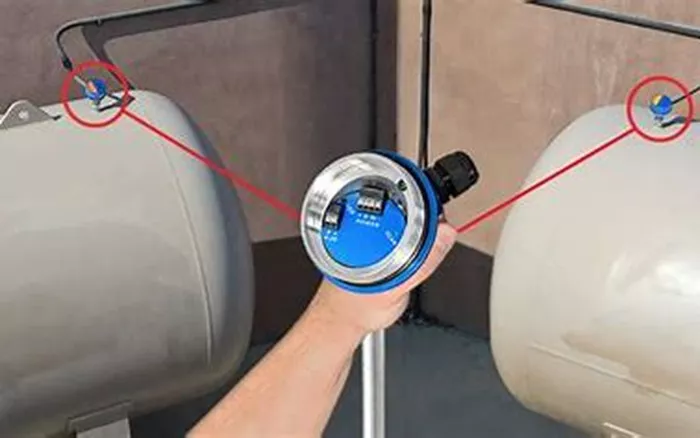Hybrid solar generators combine solar power with other power sources, such as a gasoline or diesel generator or a connection to the grid. These generators are designed to provide a more reliable and flexible power supply. For example, on cloudy days or at night when solar power is limited, the hybrid generator can switch to using the other power source. Some hybrid solar generators can also be charged from the grid when available, allowing you to top up the battery even when the sun isn’t shining. This type of generator is a good choice for RVers who want the benefits of solar power but also need the assurance of a backup power source, especially for longer trips or in areas where sunlight may be scarce.
Advantages of Solar Generators for RVs
Cost – Savings in the Long Run
Using a solar generator for your RV can lead to significant cost savings over time. By harnessing the power of the sun, you reduce your reliance on campground hook – ups or the need to purchase fuel for a traditional generator. Campground fees for electric hook – ups can add up, especially on long trips. With a solar generator, you can avoid these fees in many cases. Additionally, the cost of fuel for a gas or diesel generator can be substantial. Solar energy is free, and once you’ve made the initial investment in the solar generator, the ongoing cost of powering your RV is significantly reduced.
Environmentally Friendly
Solar generators are an eco – friendly choice for RVers. Solar energy is a clean and renewable resource that produces no harmful emissions during operation. By using a solar generator, you can reduce your carbon footprint and contribute to a cleaner environment. This is especially important when traveling to beautiful natural areas, as you want to minimize your impact on the surroundings. Unlike traditional generators that run on fossil fuels and produce pollutants, solar generators allow you to enjoy the outdoors while being kind to the environment.
Independence & Flexibility
One of the biggest advantages of a solar generator for an RV is the independence and flexibility it offers. You’re not tied to campgrounds with electrical hook – ups. You can park your RV in remote locations, far away from the hustle and bustle, and still have access to power. Whether you’re camping in a national park, a forest, or a beach, as long as there’s sunlight, you can generate electricity. This gives you the freedom to explore and choose your camping spots based on your preferences, rather than being limited by the availability of electrical infrastructure.
Installation & Maintenance of Solar Generators in RVs
Installation Process
Installing a solar generator in an RV can vary depending on the type of generator. Portable solar generators are the easiest to install. They usually come with simple plug – and – play connections. You can place the generator inside or outside the RV and connect it to your devices using the provided cables. Roof – mounted solar panels, on the other hand, require a more involved installation process. First, you need to carefully measure and mark the location on the roof where the panels will be installed. The roof should be clean and free of any debris. Then, the panels are mounted using brackets and bolts. The wiring from the panels needs to be routed carefully to the charge controller and the battery. It’s important to follow the manufacturer’s instructions carefully during the installation process to ensure proper functioning and safety.
Maintenance Requirements
Maintaining a solar generator for your RV is relatively straightforward. For solar panels, regular cleaning is important. Dirt, dust, and debris can accumulate on the panels and reduce their efficiency. You can use a soft brush and mild soap to clean the panels. It’s best to clean them when the panels are cool, such as in the early morning or late evening, to avoid damaging the panels. The battery also requires some maintenance. If you’re using a lead – acid battery, you may need to check the electrolyte levels periodically and add distilled water if necessary. Lithium – ion batteries, like LiFePO4 batteries, require less maintenance but still need to be monitored for proper charging and discharging. The charge controller and inverter should also be checked regularly to ensure they are working correctly.
Conclusion
Solar generators offer a range of benefits for RVers. Their ability to harness free, renewable energy, provide cost savings, and offer independence make them an attractive option. Whether you choose a portable solar generator for its convenience or a roof – mounted system for its power – generating capacity, there’s a solar solution that can meet your RV’s power needs. When considering a solar generator for your RV, think about your power requirements, the type of RV trips you take, and your budget. With proper installation and maintenance, a solar generator can be a reliable and sustainable power source for all your RV adventures. So, if you’re looking to enhance your RV experience and reduce your environmental impact, a solar generator might just be the perfect addition to your mobile home.

